- Author Delia Mathews mathews@animalspeace.com.
- Public 2023-12-16 00:05.
- Last modified 2025-01-22 15:45.
Mastitis is a disease associated with inflammation of the breast. Not only women, but also lactating cats face it. There are several reasons for the occurrence of mastitis. This breast disease can affect the health of both the cat and her kittens.
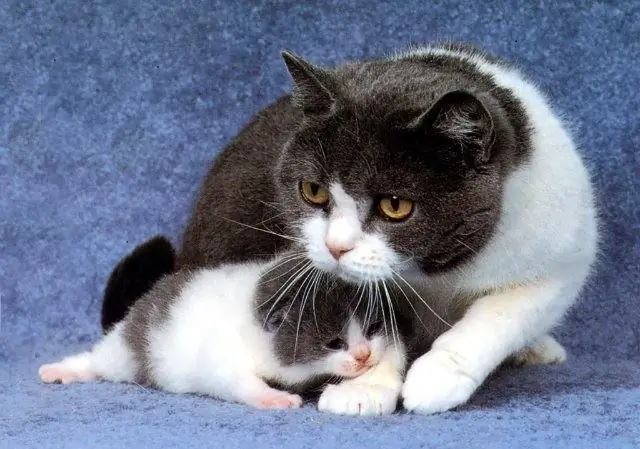
Causes of mastitis
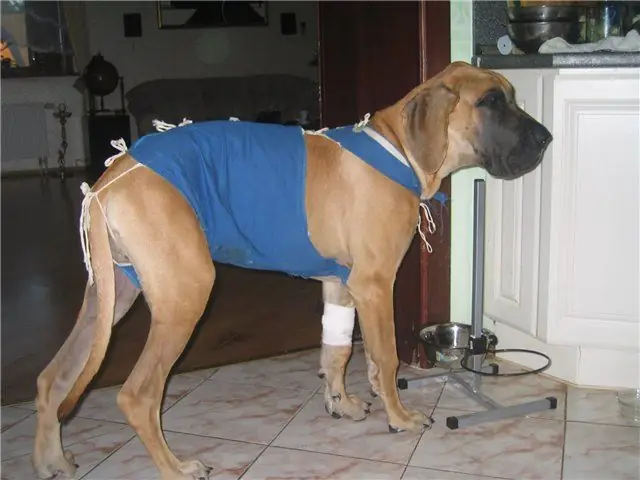
So, often this disease occurs due to:
• hypothermia of the animal;
• bruises and injuries of the breast;
• infection with fungal or bacterial microflora through cracks in the nipples;
• early weaning of kittens or abundant lactation, which lead to stagnation of milk in the mammary gland;
• hereditary predisposition.
Symptoms of mastitis
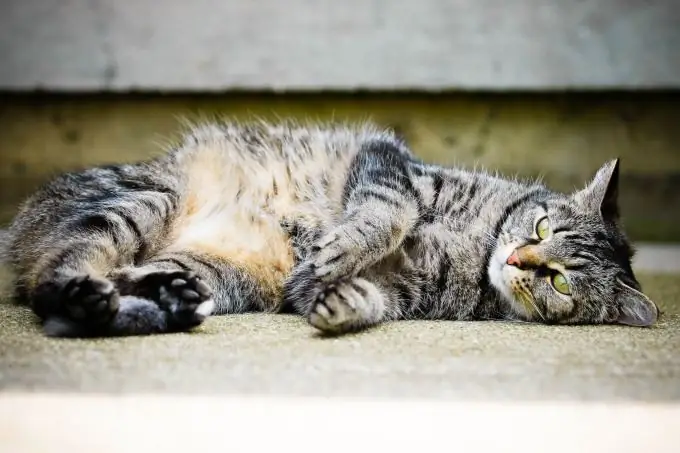
To make sure that the cat is sick with mastitis, you need to pay attention to the symptoms. If, when pressing on the nipple, a purulent, watery or foul-smelling liquid (white, greenish, brown or brown) is released, your animal needs help.
If the general condition of a lactating cat has worsened - she is depressed or her body temperature is elevated - this may be another sign of mastitis.
If the pet licks the area of the mammary glands all the time, this can also be a signal for action.
Treatment of mastitis
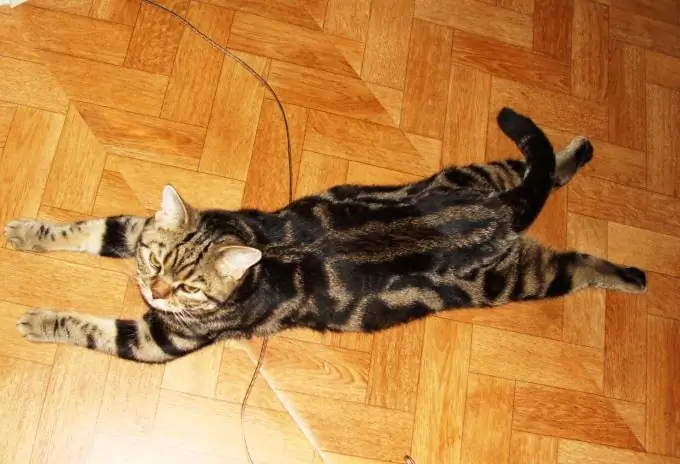
It should be remembered that you need to be treated in a timely manner. Mastitis is an inflammatory process that develops very quickly. In order to prevent serious complications with serious consequences, it is recommended to consult a specialist. Your doctor will prescribe antibiotics, antipyretics, anti-inflammatory drugs, and medications that decrease milk production.
In the first stage of the disease, the doctor will recommend that the cat be given complete rest. If possible, try temporarily isolating the kittens from her and transferring them to bottle feeding. On the first day, eliminate and then restrict drinking altogether. Re-bandage the breast to prevent additional infection. Periodically rinse the teats with infusion of sage leaves or a decoction of oak bark.
The temperature of the compresses should be no higher than 40 ° C.
In the event of complications, i.e. when phlegmon or abscesses occur, surgical treatment is used - sanitation of cavities, drainage or opening.
Prevention
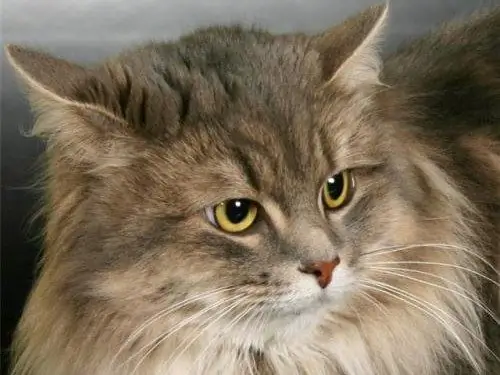
Proper feeding of the pet, hygienic care of the nipples during pregnancy and after childbirth will help to avoid the disease. You should also provide the cat with normal living conditions and promptly take it to the veterinarian for examination. If you notice scratches or cracks in the mammary glands, treat the wounds with a weak solution of potassium permanganate.
The most important thing is not to try to heal the animal yourself. Without a professional examination, as well as timely provision of medical care, the disease can take on a gangrenous character.






